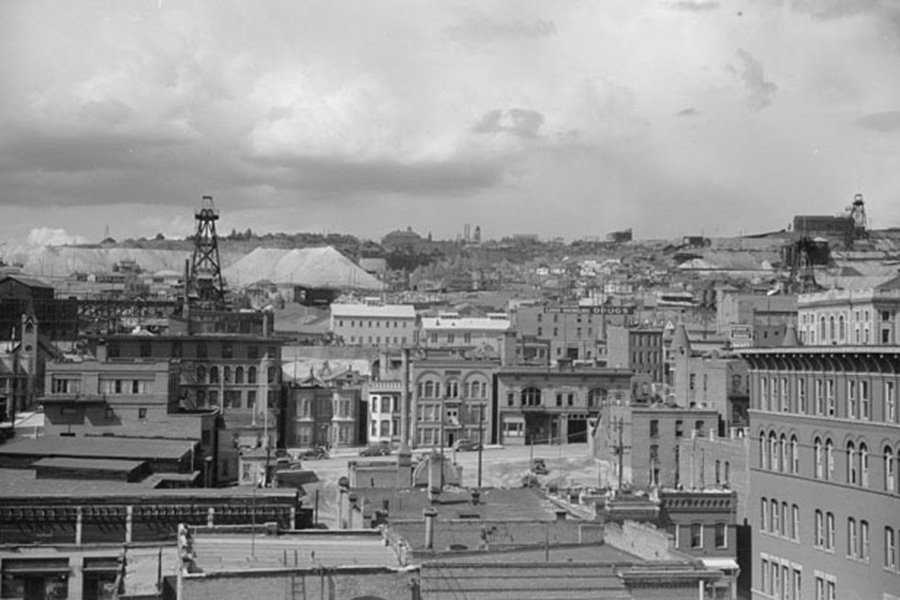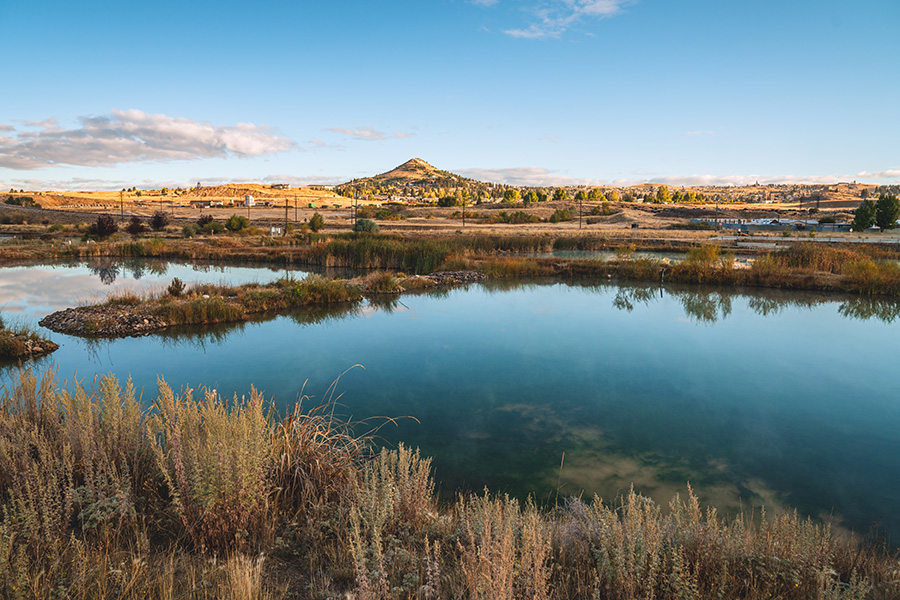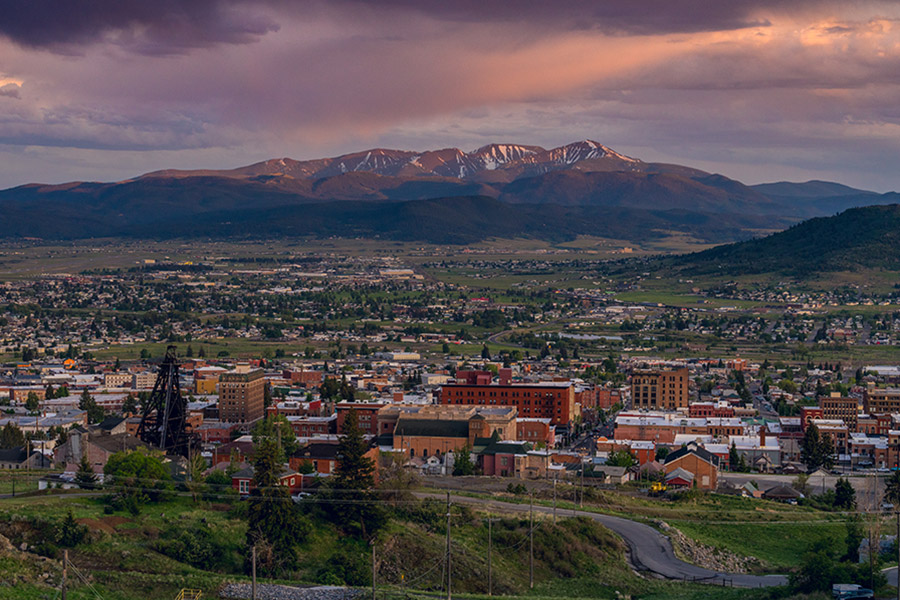Environmental Cleanup & Reclamation
Butte Priority Soils Operable Unit
BPSOU Resources
News & Updates
Butte Reduction Works Phase II Demolition
The week of February 2, 2026, Atlantic Richfield will be starting the Butte Reduction Works (BRW) Phase II Demolition work. This phase will be completed in approximately three months. This work will be conducted to support remediation of BRW and subsequent...
Remedial Action Construction to Begin at UR-35
JCI will be starting remedial action construction at UR-35 on Monday August 6, 2025. The project is anticipated to be completed in approximately 30 working days. JCI will implement necessary signage and traffic control required to complete the construction...
Atlantic Richfield to continue demolition and disposal activities at the Butte Reduction Works
Atlantic Richfield will continue demolition at the Butte Reduction Works (BRW) starting in late May and concluding by late Summer of 2025. Please follow the link for more information: AR demolition and disposal at Butte Reduction Works (FAQs and map) - May 2025
Project Areas
BPSOU Locations
Since the 1880s, Butte, Montana, has been the epicenter of copper mining in North America. During this time, the copper was shipped out but the wastes from mining and smelting activities were deposited throughout Butte. The historic flood of 1908 washed much of this waste down Silver Bow Creek to the Clark Fork River, and beyond to the Milltown Dam. In 1983, EPA placed Silver Bow Creek on the Superfund’s National Priority List (NPL) and added the Butte area in 1987. The NPL site includes 10 operable units. One of those is the Butte Priority Soils Operable Unit, or BPSOU. The BPSOU includes more than 6 square miles of the Butte Hill (over 4,000 acres).
How much waste is going to be removed from the creek corridor?
Current estimates suggest up to 800,000 cubic yards of waste could be removed from the corridor. Imagine filling the Finlen Hotel Tower 25 times!
Where will the waste be disposed of?
A committee, including representatives from the project stakeholders and the public, is currently evaluating potential locations to dispose of the waste. Once the committee has completed their evaluation, Atlantic Richfield and Butte-Silver Bow will recommend a repository location to the EPA and DEQ for consideration and final approval. Regular progress updates will be given during EPA’s monthly communications call.
When will construction begin and when will it end?
Construction activities are now expected to begin in summer 2023. Completion of the entire Silver Bow Creek Conservation Area is anticipated by 2028. A map of project locations and a calendar reflecting project progress, status, and timelines are available on the project website.
How will dust be controlled during construction?
Project contractors will be required to use proven methods to control dust. Water or other soil binder will be applied to exposed soils, truck loads will be covered when transporting waste, and contractors will clean public streets that are impacted by the hauling activities. Air quality monitoring stations will also be installed at the project sites to evaluate dust control effectiveness and support necessary changes, if needed.
BPSOU FAQs
Have a Question?
Questions about BPSOU or the remedy? Search through our FAQ section to find answers. Contact us with your question.

View the History
As early as the 1860s, prospectors began flocking to the Summit Valley in search of wealth and opportunity. Over 150 years of mining and mineral processing follow.

Completing the Remedy
US EPA, the State of Montana, the consolidated City and County government of Butte-Silver Bow (BSB), and Atlantic Richfield Company have announced a proposed partial Consent Decree for the Butte Priority Soils (BPSOU) site.
Learn More
About BPSOU
Designated an operable unit within the Silver Bow Creek/Butte Area NPL Superfund site in 2004, the BPSOU is an area where extensive mining, milling, and smelting activities took place for more than 100 years. Over 300 mines, over 19 mills and smelters, and an extensive network of railroad beds and lines created more than 197 contaminated source areas. Today, the BPSOU is undergoing a transformation from a contaminated site to a community-designed recreational area.
For Similar Projects
Visit Pitwatch
PitWatch.org is the online home of the Berkeley Pit Public Education Committee. This volunteer committee educates residents, students, and the general public about the environmental management of the Berkeley Pit. Information includes the geology, hydrology, current events, and ongoing academic research associated with the Berkeley Pit. Our committee frequently shares their perspective on current projects, ongoing management, and findings and conclusions on this website and its social media. Please search our site and if you’re looking for more information, please reach out to us - we are happy to share our knowledge with you.
